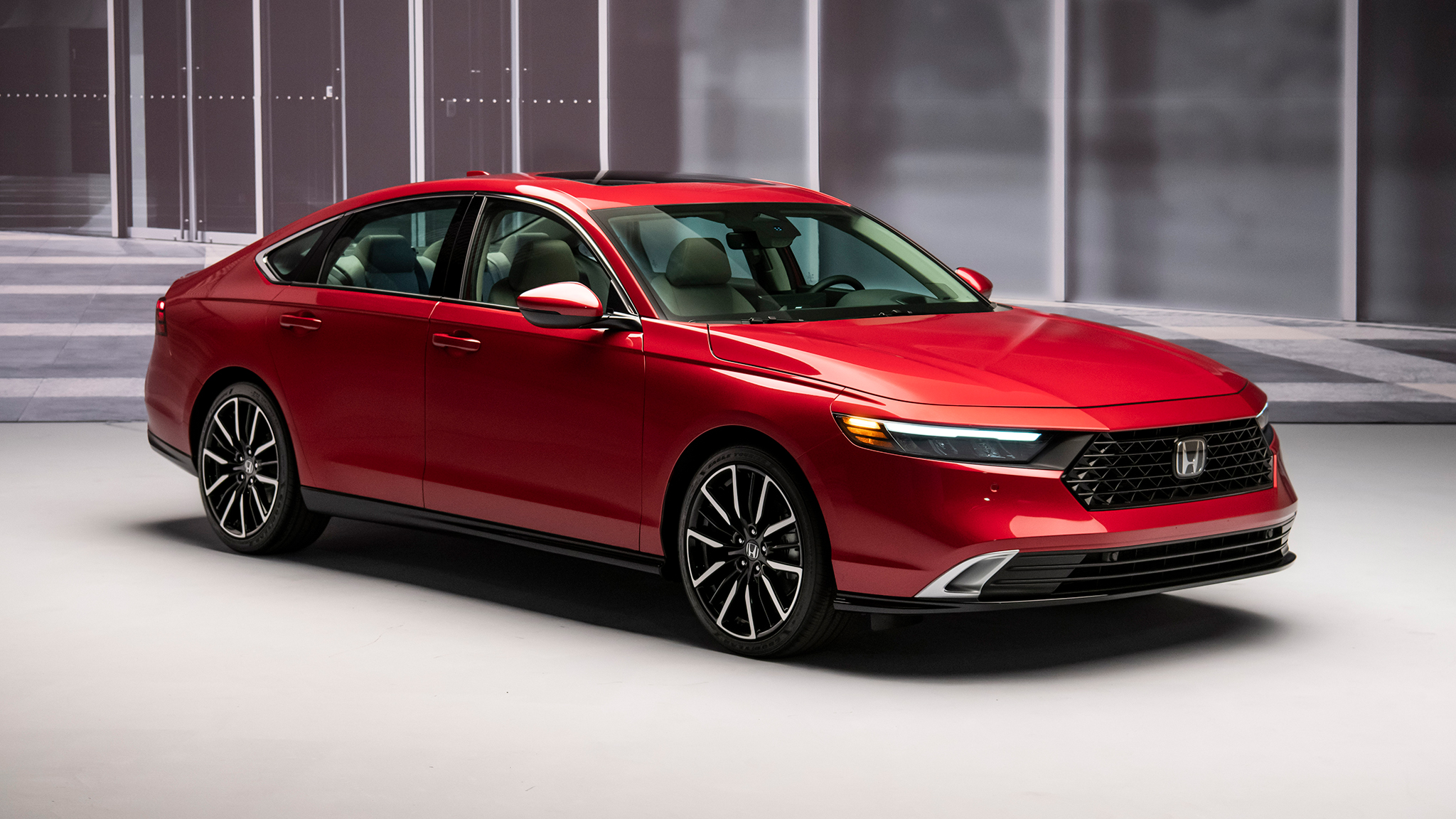The Honda Accord has long been synonymous with reliability and excellence in the midsize sedan market. In recent years, however, the conversation has gravitated toward fuel efficiency—an indispensable metric, especially in today’s environmentally conscious society. This review delves into the miles per gallon (MPG) ratings of the Honda Accord, elucidating its efficiency, performance, and the implications for eco-friendly driving.
Traditionally, the Honda Accord has been a veritable standard in the realm of fuel economy. The latest iteration continues this legacy, offering a plethora of enhancements, particularly in its powertrain options. Consumers may encounter various engine configurations, including the turbocharged 1.5-liter inline-four, a more robust 2.0-liter turbocharged engine, and a hybrid variant. Each engine type presents unique MPG statistics, contributing to a comprehensive understanding of the model’s fuel efficiency.
The turbocharged 1.5-liter engine stands poised to be a favorite among those seeking a balance of power and economy, delivering an impressive EPA rating of approximately 30 MPG in the city and 38 MPG on the highway. Such figures are compelling, particularly for urban dwellers who frequently navigate stop-and-go traffic. This balance between city and highway driving appeals to a broad demographic, from commuters to families, ensuring that the Honda Accord maintains its status as a pragmatic choice.
Shifting gears to the 2.0-liter turbocharged engine, this variant caters to enthusiasts craving spirited performance without completely forsaking efficiency. While its power output exhibits a marked increase over the smaller engine, the trade-off in fuel economy becomes apparent. With an estimated 22 MPG in city driving and around 32 MPG on the highway, this engine serves those who prioritize exhilaration. The dichotomy between performance and efficiency within the Accord lineup highlights Honda’s adeptness in engineering diverse driving experiences.
Nevertheless, it is the hybrid model that steals the spotlight in discussions of efficiency. With rising awareness of climate change and the urgent need for sustainable practices, hybrids have become increasingly relevant. The Honda Accord Hybrid epitomizes the virtues of this trend, boasting a remarkable EPA rating of roughly 48 MPG combined. This efficiency translates into reduced emissions and a smaller carbon footprint. The hybrid variant not only preserves the Accord’s modern aesthetic but also boasts an elevated commitment to eco-friendliness—a paramount consideration for climate-conscious consumers.
Yet, it is important to highlight that fuel efficiency does not exist in a vacuum. Analyzing real-world driving conditions reveals nuances that may diverge from EPA ratings. Several factors—including driving habits, terrain, and the use of climate control—can significantly impact actual MPG figures. Thus, prospective buyers should scrutinize their driving patterns, ensuring alignment with their vehicle’s performance capabilities. Smaller factors, like tire pressure and vehicle weight, also play a pivotal role, underscoring the complexities surrounding fuel economy.
Moreover, the Honda Accord’s innovative technology features complement its efficiency. The Continuously Variable Transmission (CVT) in the hybrid model enhances seamless acceleration, minimizing energy waste. This technology ensures that drivers experience optimal power distribution without the jarring shifts associated with traditional automatic transmissions. Additionally, the regenerative braking system captures energy during braking, further augmenting efficiency. Each technological advancement represents a stride toward reducing the overall ecological impact of personal transportation.
Furthermore, the Accord’s aesthetic and ergonomic design cannot be overlooked when discussing efficiency. The aerodynamic shape operates as a significant advantage, reducing drag and subsequently enhancing fuel economy. Every contour of the Accord is meticulously crafted to optimize airflow, an often-overlooked aspect of efficient driving. Interior configurations also reflect a commitment to practicality—ample cabin space combined with thoughtful storage solutions ensures that the vehicle aligns with modern consumer needs.
While the fuel efficiency of the Honda Accord is commendable, the conversation inevitably extends to societal implications. An increased interest in energy-efficient vehicles reflects a broader paradigm shift toward environmental stewardship. With escalating fuel prices and governmental accountability for emissions reductions, consumers embrace options that align with their values. The Honda Accord symbolizes this very shift—serving not only as a reliable means of transportation but also as a vehicle for positive change.
Furthermore, the Honda Accord’s durability should not be underestimated. Historically, Honda vehicles enjoy longevity, often running well beyond 200,000 miles with proper maintenance. This robustness, coupled with excellent fuel economy, creates a compelling argument for the Accord as a wise investment, particularly in an era where sustainability meets practicality.
In conclusion, the Honda Accord emerges as an exemplary contender in the realm of fuel efficiency, boasting an impressive array of options tailored to diverse driving needs. Whether one opts for the economical 1.5-liter engine, indulgent 2.0-liter turbo option, or the eco-friendly hybrid, each variant showcases Honda’s unwavering commitment to performance and ecological responsibility. As consumers navigate a shifting landscape, choices like the Honda Accord reinforce the significant impact individual car purchases can have on fostering a more sustainable future.
The relevance of fuel efficiency transcends mere numbers; it encapsulates the broader duty to our planet, ensuring a livable environment for generations to come. The Honda Accord, with its blend of efficiency, technology, and design, stands ready to meet this challenge head-on.
